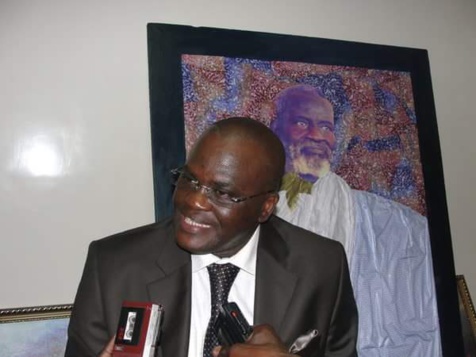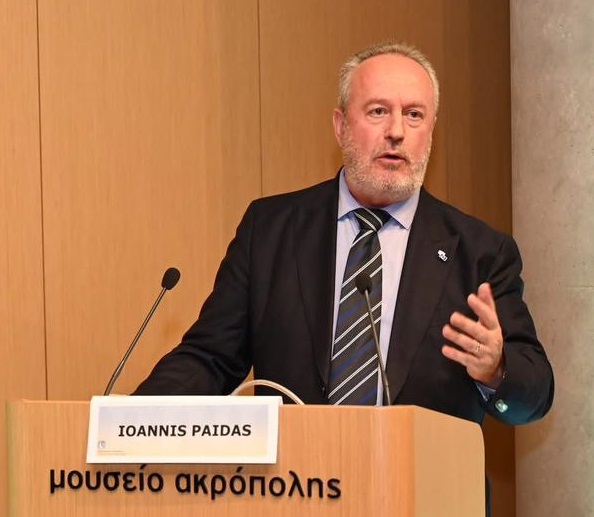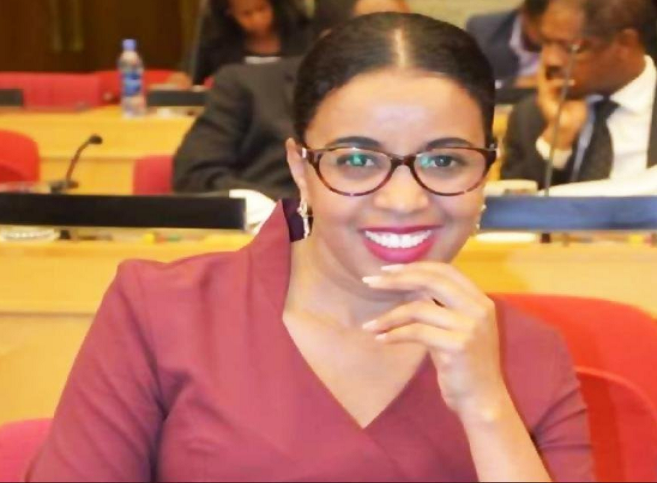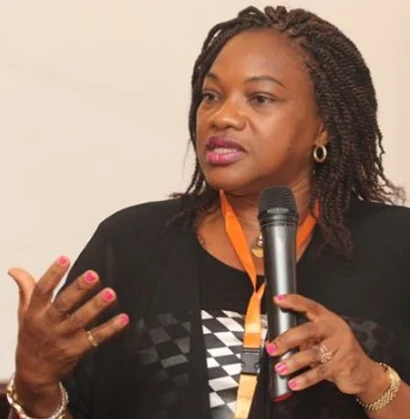Modibo Diop
The various failures of the international financial system and induced effects on the economy have had consequences for the need to secure global financial ecosystem with the implementation of savoir-of reforms.
Basel Conventions 2 to Bâle3 prudential standards lXCHARXéconomie financing have evolved taking into account the ratio Cooke or minimum guarantee capital ratio to the ratio of Mac Dounough characterized lXCHARXexigence solvency and own different funds of off balance sheet financial institutions and consequently their bank customers.
LXCHARXévolution agreements Basel following the 2008 financial crisis has devoted tighter implementation of capital standards by adding the consideration of short- and long-term liquidity ratios, hence the new Basel reforms 2 & 3 & 4 or 5.
Faced with this “fauna” of prudential measures cut in terms of the economy International that will soon become our local banks and by extension our companies including Tpe / SMEs and the informal sector?
Local banks certainly will face the challenge of adapting to new standards, especially as the deadline within WAEMU is fixed at 1 January 2018 with the new revised bank accounts.
In this process it will greet the realism of the controller what the BCEAO in the consideration of a transitional stage adaptations and adjustments to the new standards.
But the question remains that beyond this transitional phase of our small and medium enterprises do not they will disappear from the credit registers banks despite the implementation by the BCEAO a new system of financing SMEs ?, and beyond these Tpe & SME local banks that will not have the final adaptability they not disappear in favor of large foreign financial conglomerates? These are questions for some answers at least for the moment!
There was general banking makers of savoir-relevance of reforms and their implementation into UEMOA device are compelling because they help to strengthen the financial system’s resilience in regional deal with various crises while securing the customer.
But What about Tpe & SMEs and the informal sector who constitute the bulk of the sub-regional economic ecosystem?
The economic sovereignty of our countries face the challenges of their endogenous development, should guide our decision-makers (banks, BCEAO, UEMOA, Governments) to better support Tpe & SMEs to cope with the new reforms, it is obvious that the local businesses and the informal sector abut already lXCHARXaccès to bank loans, according to statistics from the BCEAO that funding lXCHARXéconomie wherein the average ratio of bank loans is relatively low in Senegal lXCHARXordre 30% of GDP, compared to emerging countries such as Tunisia, lXCHARXîle Mauritius and South Korea which are respectively 62, 68 and 80% of GDP.
Thus the implementation of reforms of savoir-the Senegalese economy has you it negatively affect the already precarious survival of our Tpe & SMEs and the informal sector?
At this stage of the process, it is still early to say yes to this concern, however, the current approach to concertion framed by the BCEAO should be extended to other economic agents including Tpe & SMEs already providers of jobs and added value, because many experts fear that these may be the first victims collaterals lXCHARXapplication the Basel accords Basel 2 & 3 in Senegal.
Modibo Diop , Ing.Polytechnicien; Former Auditor ECSR of Paris (Section Diplomacy & Economy),Expert International Consultant on Energy, Finance , Water, Infrastructure and Tic, Vice President of the Movement of Enterprises of Senegal (MEDS).
With financialafrik




































